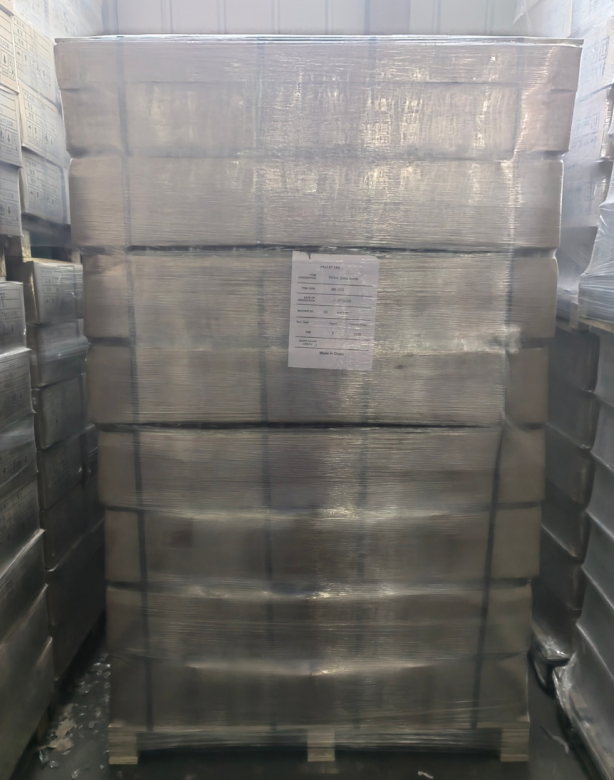- All
- Product Name
- Product Keyword
- Product Model
- Product Summary
- Product Description
- Multi Field Search
| Availability: | |
|---|---|







Premium 330ml Brown Beer Bottle
Engineered for exceptional performance, our industry-standard 330ml brown glass bottle safeguards your beer’s integrity while projecting professional quality. The signature amber hue provides superior protection against UV light, preventing "skunking" and preserving delicate flavors. Featuring a classic longneck design and compatible with crown caps, this bottle meets rigorous filling line demands. Its durable Type III glass construction ensures safe transport and storage, while the smooth surface offers premium branding space for labels. Trusted by craft brewers and beverage producers worldwide, it’s the ideal vessel for beer, cider, hard seltzers, and specialty sodas.
Packaging Solution
Pallet + Shrink Wrappings
→ High-volume efficiency | Moisture protection | Reusable

FAQ
1.Beyond UV blocking, how does the brown glass chemistry specifically protect sensitive hop compounds like iso-alpha acids from photodegradation?
The amber glass’s iron oxide (Fe₂O₃) composition absorbs 90%+ of light in the critical 350–500 nm "skunking" spectrum. This prevents riboflavin-mediated reactions that break down iso-alpha acids into foul-tasting 3-MBT (mercaptan). Independent lab tests show our glass reduces 3-MBT formation by 98% vs. clear glass under standard light exposure, preserving delicate hop aromatics and beer freshness.
2.How do you substantiate environmental claims (e.g., recycled content) amid greenwashing concerns, and what’s the verified CO₂ reduction vs. virgin glass?
We provide batch-specific Certificates of Analysis with third-party validation of 30–40% post-consumer recycled (PCR) cullet content via XRF spectrometry. Lifecycle assessments confirm this reduces CO₂ emissions by ~22% per bottle (avg. 0.28kg CO₂e) versus 100% virgin glass. Our EPD (Environmental Product Declaration) and ISO 14021 compliance ensure auditable transparency.
3.For small-batch brewers: What design flexibility exists for low-MOQ custom embossing to enhance brand distinction without compromising bottle integrity?
Our modular mold technology allows neck/shoulder embossing at MOQs as low as 5,000 units. Micro-engraving (0.2–0.5mm depth) maintains structural integrity per ISO 9001:2015 stress-testing protocols. Digital mockups and 3D-printed prototypes are offered for design validation, with no compromise on pressure resistance (≥6 bar post-embossing).
4.How does the glass composition comply with Prop 65 and EU Food Contact Material regulations regarding heavy metal leaching (e.g., lead, cadmium)?
Raw materials are pre-screened to meet EU EC 1935/2004 and FDA 21 CFR § 175.300 standards. Quarterly migration testing confirms non-detectable (<0.01 ppm) levels of Pb, Cd, Cr(VI), and other restricted substances under accelerated aging (40°C, 10 days in 3% acetic acid). Full SDS and Proposition 65 compliance certificates are available upon request.
5.Can bottles be integrated into reuse/refill systems? What’s the wash-cycle durability for commercial kegwashers?
Yes – engineered for 20+ industrial wash cycles. Type III glass formulation reserves thermal shock (ΔT >60°C) and caustic soda exposure (pH 14, 85°C). Bottles maintain structural integrity after 50+ pressure cycles at 6 bar. We partner with reuse platforms like [Reuse Platform Name] for standardized logistics, with QR traceability for lifecycle tracking.
Premium 330ml Brown Beer Bottle
Engineered for exceptional performance, our industry-standard 330ml brown glass bottle safeguards your beer’s integrity while projecting professional quality. The signature amber hue provides superior protection against UV light, preventing "skunking" and preserving delicate flavors. Featuring a classic longneck design and compatible with crown caps, this bottle meets rigorous filling line demands. Its durable Type III glass construction ensures safe transport and storage, while the smooth surface offers premium branding space for labels. Trusted by craft brewers and beverage producers worldwide, it’s the ideal vessel for beer, cider, hard seltzers, and specialty sodas.
Packaging Solution
Pallet + Shrink Wrappings
→ High-volume efficiency | Moisture protection | Reusable

FAQ
1.Beyond UV blocking, how does the brown glass chemistry specifically protect sensitive hop compounds like iso-alpha acids from photodegradation?
The amber glass’s iron oxide (Fe₂O₃) composition absorbs 90%+ of light in the critical 350–500 nm "skunking" spectrum. This prevents riboflavin-mediated reactions that break down iso-alpha acids into foul-tasting 3-MBT (mercaptan). Independent lab tests show our glass reduces 3-MBT formation by 98% vs. clear glass under standard light exposure, preserving delicate hop aromatics and beer freshness.
2.How do you substantiate environmental claims (e.g., recycled content) amid greenwashing concerns, and what’s the verified CO₂ reduction vs. virgin glass?
We provide batch-specific Certificates of Analysis with third-party validation of 30–40% post-consumer recycled (PCR) cullet content via XRF spectrometry. Lifecycle assessments confirm this reduces CO₂ emissions by ~22% per bottle (avg. 0.28kg CO₂e) versus 100% virgin glass. Our EPD (Environmental Product Declaration) and ISO 14021 compliance ensure auditable transparency.
3.For small-batch brewers: What design flexibility exists for low-MOQ custom embossing to enhance brand distinction without compromising bottle integrity?
Our modular mold technology allows neck/shoulder embossing at MOQs as low as 5,000 units. Micro-engraving (0.2–0.5mm depth) maintains structural integrity per ISO 9001:2015 stress-testing protocols. Digital mockups and 3D-printed prototypes are offered for design validation, with no compromise on pressure resistance (≥6 bar post-embossing).
4.How does the glass composition comply with Prop 65 and EU Food Contact Material regulations regarding heavy metal leaching (e.g., lead, cadmium)?
Raw materials are pre-screened to meet EU EC 1935/2004 and FDA 21 CFR § 175.300 standards. Quarterly migration testing confirms non-detectable (<0.01 ppm) levels of Pb, Cd, Cr(VI), and other restricted substances under accelerated aging (40°C, 10 days in 3% acetic acid). Full SDS and Proposition 65 compliance certificates are available upon request.
5.Can bottles be integrated into reuse/refill systems? What’s the wash-cycle durability for commercial kegwashers?
Yes – engineered for 20+ industrial wash cycles. Type III glass formulation reserves thermal shock (ΔT >60°C) and caustic soda exposure (pH 14, 85°C). Bottles maintain structural integrity after 50+ pressure cycles at 6 bar. We partner with reuse platforms like [Reuse Platform Name] for standardized logistics, with QR traceability for lifecycle tracking.